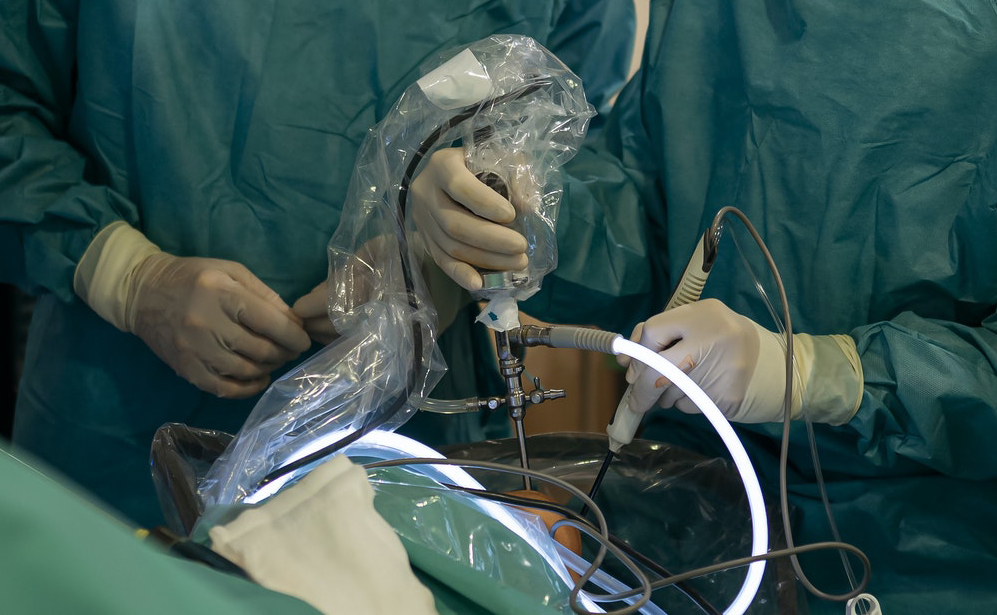In recent years, medical advancements have revolutionized the field of spine surgery, making it safer and less invasive than ever before. Minimally Invasive Spine Surgery (MISS) has emerged as a game-changer in the world of healthcare, offering patients a faster recovery, reduced pain, and smaller incisions.
MISS has evolved as a way to provide the same level of care to patients, but doing so in a safer and more patient-friendly way. The goals of MISS are still the same as with traditional open surgery, ensuring the effected nerves are free and the spine is stable. In this article, we will delve into the intricacies of understanding MISS, breaking down the key aspects, benefits, and frequently asked questions.

What is Minimally Invasive Spine Surgery?
MISS is a specialized surgical technique designed to treat various spine-related conditions with minimal disruption to surrounding tissues. Unlike traditional open spine surgery, which involves large incisions and longer recovery times, MISS utilizes advanced technology and surgical instruments to achieve the same results with smaller incisions.
Advantages of MISS
- Faster Recovery: One of the primary benefits of MISS is the significantly shorter recovery period. Patients can return to their daily activities much quicker compared to traditional surgery.
- Reduced Pain: Smaller incisions lead to less tissue damage, resulting in reduced post-operative pain and discomfort.
- Less Blood Loss: With smaller incisions and less tissue disruption, MISS cause less blood loss during surgery.
- Lower Infection Risk: With smaller incisions, the risk of infection is substantially lower.
Conditions Treated with Minimally Invasive Surgery
MISS can effectively address a wide range of spinal conditions, including but not limited to:
- Herniated Discs
A herniated disc can cause excruciating pain and discomfort, often radiating down the legs. Minimally Invasive Microdisectomy can be used to remove a portion of the damaged disc, providing relief.
- Spinal Stenosis
Spinal stenosis involves the narrowing of the spinal canal, putting pressure on the nerves.
- Spondylolisthesis
For patients with Spondylolisthesis, there are excellent minimally invasive options such as Lateral Lumbar Interbody and ALIF
Frequently Asked Questions (FAQs)
- Is MISS suitable for all spinal conditions?
MISS can address many spinal conditions, but not all. Consult with Dr. Wheeler to determine the most suitable treatment for your specific condition. - What is the typical recovery time after MISS?
Recovery times can vary depending on the procedure and individual factors. However, many patients can resume normal activities within a few weeks. - Are there any risks associated with MISS?
While MISS is generally considered safe, like any surgical procedure, there are risks involved. Discuss potential risks with Dr. Wheeler before the operation. - How can I prepare for MISS?
Dr. Wheeler will provide you with pre-operative instructions. Eating a high protein diet may enhance recovery and healing.
Understanding MISS is important for patients seeking effective and less invasive treatments for spine-related conditions. With its many advantages and proven success in treating various spinal issues, MISS has become a beacon of hope for those in need of relief.



